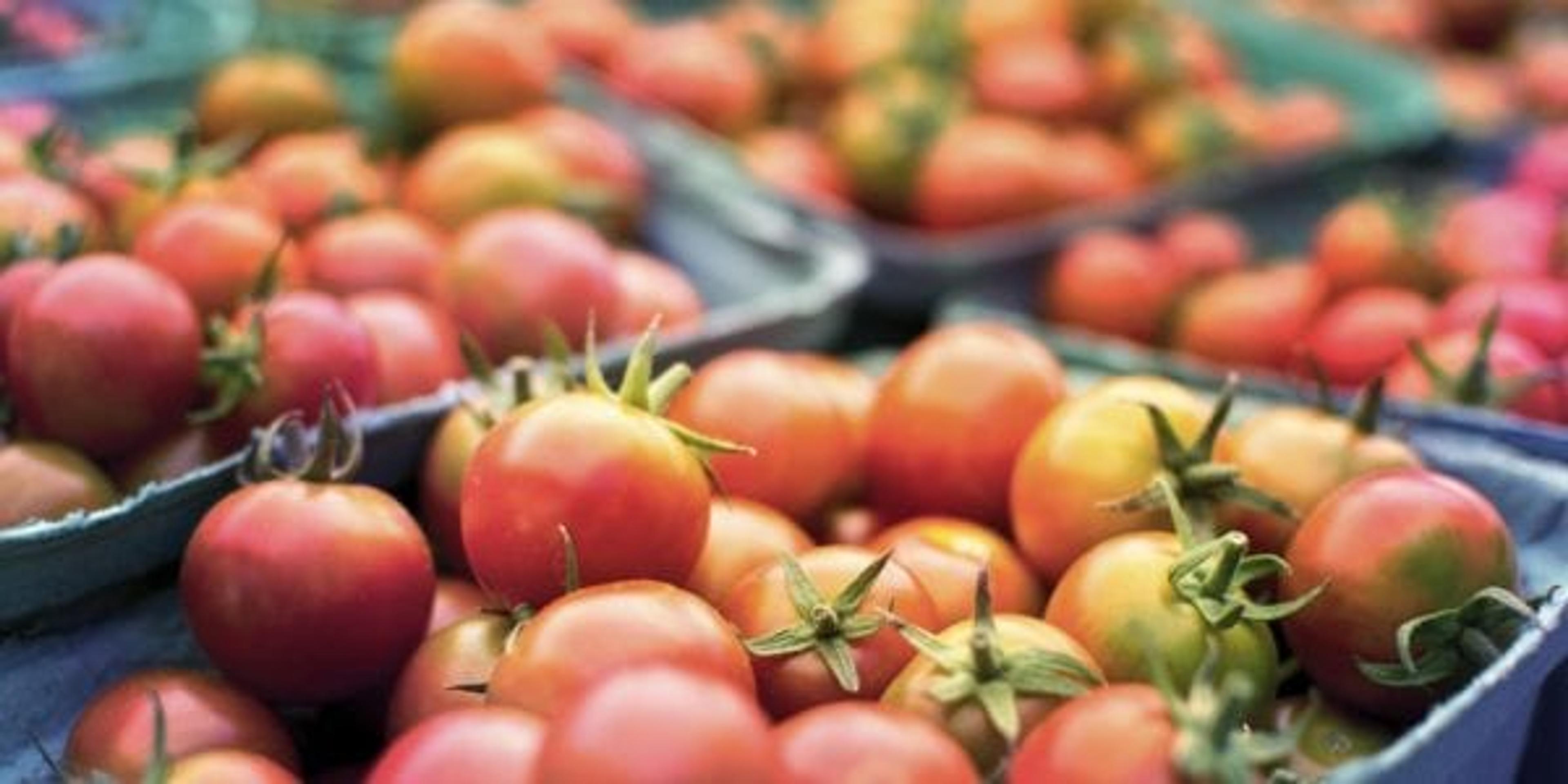Storage Tips to Save Your Fruits and Veggies
| 5 min read

In the U.S., we throw away 150,000 tons of food daily, and on average, around $1,500 worth of food is wasted per year in each household. Out of everything we waste, fruits and vegetables are at the top of that list, accounting for 39% of America’s total.
A few simple tricks based on how you store your produce can help you save more of your fruits and veggies. Have you ever heard of ethylene gas? Without scent and invisible to the eye, ethylene gas in produce is a plant hormone which regulates the growth and development as well as the speed at which these occur in the plant, just as hormones do in humans or animals. Ethylene gas in fruits is a naturally occurring process resulting from the ripening of the fruit, which can then impact the ripening of other produce around it.
By paying attention to how you store ethylene-emitting fruits and vegetables, as well as produce that is sensitive to the gas, you can make changes that will save your produce and help your food budget.
Produce that emits ethylene gas and where to store it
- Apples – Keep apples in an uncovered fruit bowl on the countertop out of direct sunlight or in your refrigerator fruit drawer.
- Avocados – Unripe avocados should be stored on a counter away from other fruits and vegetables.
- Bananas – If you won’t be eating them immediately, buy bananas when they’re still slightly green and store them away from other fruits. Consider using a banana tree to keep them separated and minimize bruising. Wrapping the stems with plastic wrap will slow the ripening process and you can also freeze for future use, just peel first.
- Stone fruits – Unripe apricots, nectarines, mangoes, peaches and plums can sit on the counter, but to help them last longer place them in the refrigerator fruit drawer.
- Tomatoes – Keep tomatoes away from salad greens. It is better to store them in the fruit drawer, although they’ll do best at room temperature, away from sunlight before they are ripe.
Produce sensitive to ethylene gas and best storage practices
- Asparagus – Ethylene accelerates toughening of asparagus. It should be stored in the refrigerator but will only last for 3 to 4 days.
- Broccoli & Cauliflower – When exposing broccoli to ethylene gas producers, the shelf life is reduced by 50%. Broccoli florets will only last for 3-5 days in the refrigerator before yellowing.
- Brussels sprouts – Brussels sprouts are very sensitive to ethylene and in general, have a similar shelf life to broccoli: 3 to 5 days in the refrigerator, and 10 to 12 months in the freezer.
- Carrots – When exposed to ethylene, carrots will start to develop a bitter flavor. While carrots will last up to 2 to 3 weeks in the refrigerator, when exposed to ethylene, the bitter flavor will set in after two weeks.
- Cucumbers – Most gourd vegetables tend to be sensitive to ethylene. Cucumbers will last 4 to 6 days in the refrigerator, but due to their high-water content, it is not recommended to freeze cucumbers.
- Herbs – Some fresh herbs are more sensitive to ethylene compared to others. Marjoram, mint, parsley, and oregano are very sensitive to ethylene. Others such as sage, thyme, basil, and rosemary aren’t affected as much. In the fridge, herbs will last 7 to 10 days. Place the herbs standing in a mason jar or container with an inch of water and cover the top with a plastic bag.
- Leafy greens –Although some types of leafy greens can last longer than others, most are highly ethylene-sensitive. If you plan on making a salad with leafy greens that mixes with an ethylene producer (like apples or tomatoes), it may be wise to make the salad fresh and consume day-of for the best quality. Spinach can last 3 to 7 days in the fridge; Iceberg and Romaine can last 1 to 2 weeks; Any bagged lettuce—such as leafy greens, spinach, or mixes—will last 3 to 5 days after opening.
Fruits and vegetables that do not emit ethylene and are not particularly sensitive to it
- Artichokes
- Cherries sweet
- Coconuts
- Corn
- Cranberries
- Garlic
- Ginger
- Kohlrabi
- Onions
- Bell Peppers
- Pomegranates
- Rhubarb
- Citrus – You can keep citrus fruits out at room temperature, but once citrus fruits are past peak ripeness, storing them in the fridge will help them last longer. Oranges produce a very small amount of ethylene gas and are not sensitive to this gas.
- Onions and Potatoes – Onions have long shelf-life like potatoes, which is why people tend to store them together. But they should be stored separately. Onions do not produce ethylene and potatoes produce a little bit. While potatoes are sensitive to ethylene gasses, the reason to keep onions and potatoes apart has to do with moisture. Both onions and potatoes release moisture, which can lead to faster spoiling. It’s best to store them separately in an area that has good air flow, is dry and somewhat cool. It’s best to store onions in a dark, cool place such as a pantry, basement, or garage. This gives the onions a shelf life of up to 4 weeks.
- Berries – Moisture causes mold, so do not wash berries until you’re ready to eat them. Keep them in the fridge in a container that leaves room for airflow, so they don’t get moldy.
Do you have any favorite food storage hacks? Share them with us in the comments.
Related:





